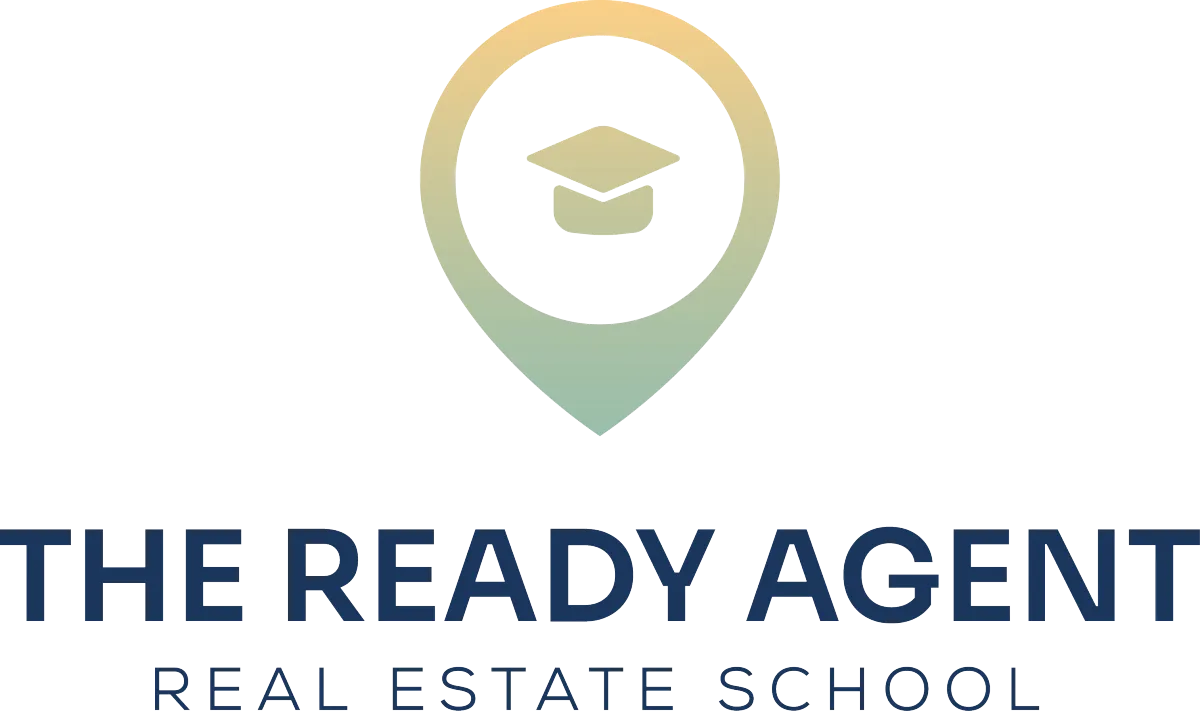
Unlocking Opportunities: What Can a Real Estate License Do for Your Career?
When you have a real estate license today, you have a competitive edge and doors open to endless career opportunities. Getting a real estate license is more than a requirement to be a real estate agent. Its opportunities range from buying and selling homes to managing and investing in properties.
A real estate license also offers many benefits to enhance your job prospects. You get to enjoy flexible working hours, the ability to create your own career path, and the potential for high earnings. It can unlock a promising future in the real estate industry.
The real estate industry is booming and offers tons of career options. The demand for skilled real estate agents is high and constant. It is not surprising that many people change their careers or consider advancing a career in this dynamic field.
Do you consider a change in your career? Do you want to advance in the real estate industry? Do you want the opportunity to make a significant income? Do you consider getting a real estate license?
This blog will impact your career growth as a professional. We will explore the advantages of having a real estate license and how to get it. Also, we will explore a few potential career opportunities within the industry.
What is a Real Estate License?
A state or regulatory authority grants an individual a real estate license. It serves as official permission to authorize a representative of buyers and sellers in property transactions. Most jurisdictions require it for aspiring real estate agents, property managers, brokers, or investors.
Your clients will find you trustworthy and credible if you have a real estate license. You commit to professionalism and ethical standards. Navigating the complex real estate industry will be easier. You have the necessary skills and knowledge. Also, you have the legal authority to perform real estate activities in your state.
Benefits of Having a Real Estate License
You will experience enhanced career growth because of the huge number of benefits of getting a real estate license. First, the real estate industry offers abundant career options from which you can choose. You can work in various fields as a real estate agent in residential or commercial leasing, a property manager, or a real estate investor. These fields are achievable if you have a license.
Additionally, valuable resources and networking opportunities become accessible. Your professional network will expand. You get to avail of programs for your education as a licensed professional and exclusive benefits if you join real estate associations and organizations. This keeps you up-to-date on industry trends. For that reason, you will have more opportunities and collaborations for your business.
Furthermore, you have the flexibility to act alone and build your own business. Working for a brokerage or starting your own real estate agency are among the perks of being a licensed professional. You get to choose which clients you want to work with. Also, you are capable of controlling your schedule. You determine the potential of your earnings.
Steps to Obtaining a Real Estate License
Your location is dependent on the specific requirements and procedures to get a real estate license. First, your state or regulatory authority has criteria for being eligible for a license that you must check and meet. You must be of a certain age, either 18 or 21 years old, and a legal resident or citizen of the country. Also, you should have a high school diploma or something equal to that.
Next, there should be the completion of a pre-licensing course. Passing the real estate licensing exam requires the knowledge and skills you will gain from these courses. Real estate principles, finance, laws, contracts, and regulations are among the topics. But taking these courses depends on your state's duration and format.
Then, the regulatory authority in your state will require you to submit your application. A background check is also part of the process. It checks out your character and fitness. Other documents you must submit include proof of education, applicable fees, and identification.
Finally, you can now proceed with scheduling and taking your real estate license exam. The exam sections include national and state sections to test your knowledge of principles and laws in real estate. Make use of your study resources and practice tests from your real estate school. You also study the materials from your pre-licensing course.
Career Opportunities with a Real Estate License
Real Estate Agent: The first thing that many professionals need to do is become a licensed real estate agent. Clients need the agent's help to find suitable properties, buy, sell, and rent properties. They also need the agent as an intermediary in negotiating contracts and closing real estate transactions.
Real Estate Broker: The next logical progression is a real estate broker license. This is for those who want a higher position on the career ladder. Brokers have the potential for higher earnings and the opportunity to increase their independence. Their responsibilities are more advanced than those of a real estate agent because of their added education and experience. The role of a real estate broker is to manage other agents and run their own brokerage firms. They also oversee and handle more complex real estate transactions.
Property Manager: Having a real estate license can lead to a career in property management. Property managers oversee the daily operations of rental properties on behalf of property owners. This is for those who have strong interpersonal and organizational skills. You market property vacancies and handle maintenance and repairs. You also screen tenants and improve tenant relations. Ensuring the compliance of the properties with local regulations is another task of your role.
Real Estate Investor: This role is for those who find real estate investment interesting. Real estate license holders can take advantage of their knowledge and legal authority. You can buy properties for resale, rental income, or development. Your deep understanding of the market and legal considerations gives you a competitive edge. You have the negotiation skills to make successful real estate deals and investments.
Real Estate Appraiser: You can also have a career in real estate appraisal with your real estate license. Real estate transactions have a critical aspect of knowing the value of properties. Mortgage lending, investment analysis, and taxation are the various purposes of properties. As a real estate appraiser, you should understand market trends and property characteristics. Property valuations should be accurate, not biased.
How a Real Estate License Can Boost Your Income
Increasing your income is the potential of having a real estate license. You should take advantage of this opportunity to earn commissions. This depends on the property valuation you sold or put on lease. Your income goes up if you sell or lease more properties.
Your skills, experience, and business effort are your direct links to your earning potential. You will gain experience in securing more profitable deals. Your reputation in the real estate industry builds up. High-value clients get attracted to your services.
Furthermore, another way to maximize your earning potential with a real estate license is the flexibility option. You can be strategic with your rates and prices for your services and make negotiations with your commissions. Also, you are flexible enough to work by yourself.
Your financial goals are achievable because of your real estate license. But it takes time and effort to build a successful career in the real estate industry. You must be hardworking and dedicated to your profession. Also, you must develop continuous education as a certified real estate professional.
Continuing Education for Real Estate License Holders
Your educational journey does not end after getting your real estate license. The requirement in most jurisdictions for license renewal is the completion of continuing education courses. Clients will be confident in receiving quality services from a licensed real estate agent.
Their continuing education keeps the agents knowledgeable and equips them with the necessary skills. Real estate license holders will also stay up-to-date on the best practices, laws, and latest trends in the real estate industry.
Every state has various requirements for continuing education. The state's regulatory authority approves a certain number of hours of coursework. You must complete this within a given period.
Real estate schools in many states provide courses and seminars online. You can balance your professional commitments by following your personal schedule. This offers convenience and flexibility for real estate license holders to complete their coursework.
You should invest in continuing education because better career opportunities await you. It is more than staying compliant with the requirements of the regulatory authority. You are also enhancing your expertise and building your credibility in the real estate industry. The trust your client has in you will also increase, and your income potential will be higher.
Final Thoughts
Having a real estate license is more than a procedural step. It can transform your full potential as a real estate professional. You can open up diverse and rewarding careers like real estate agent, broker, investor, property manager, and appraiser. Never underestimate the power of a real estate license.
Your key to a fulfilling and sustainable career path is a license. You will also gain credibility in the field and access to valuable resources. Plus, your earning potential increases when you upgrade your skills by investing in your education and professional development.
Making informed choices is crucial when considering the possibilities of a real estate license offer. The Ready Agent Real Estate School can provide comprehensive training and education for aspiring agents and seasoned professionals in the field. Our tailored courses cater to all levels of expertise. Your knowledge and skills will thrive in the real estate industry if you choose a path of readiness with our school.
Ready to elevate your career to new heights?
Seize the opportunities waiting for you by joining us today!

Check Out Our Blog
About
Content
© 2024 The Ready Agent Real Estate School. All rights reserved


